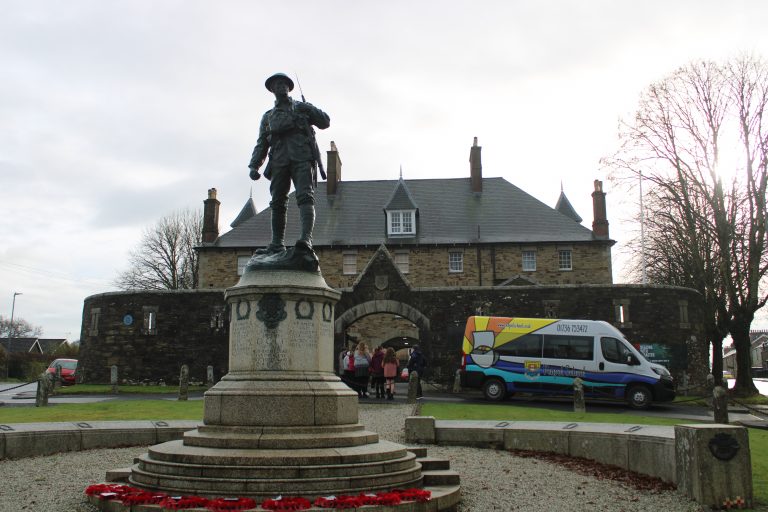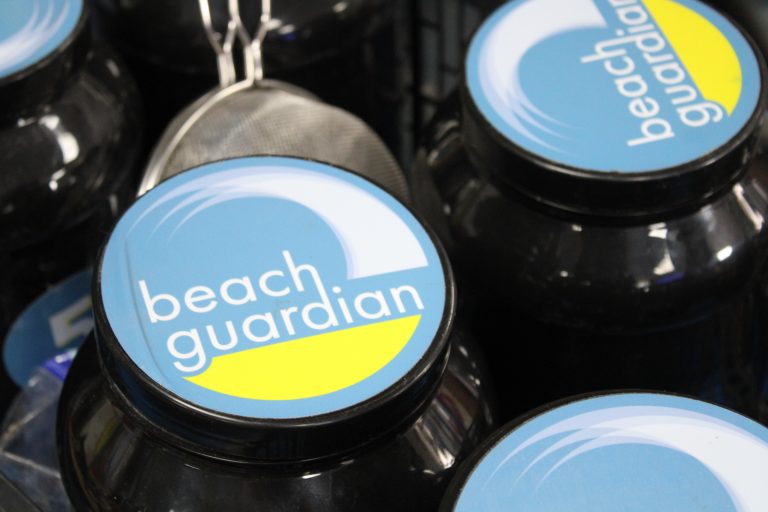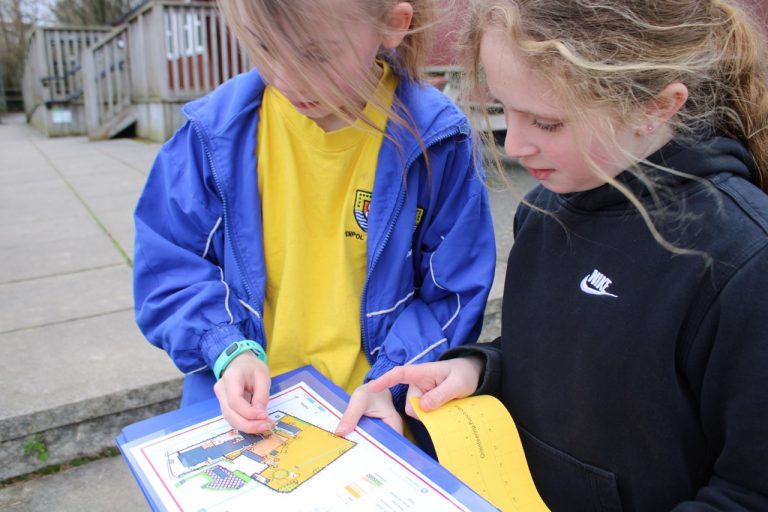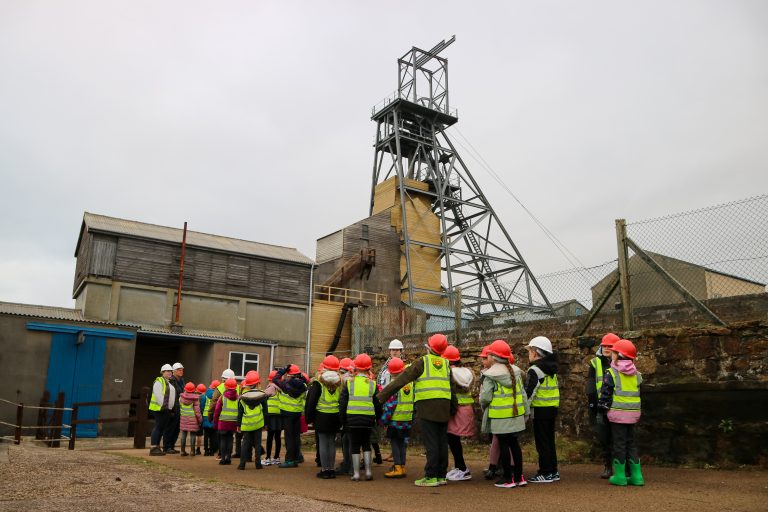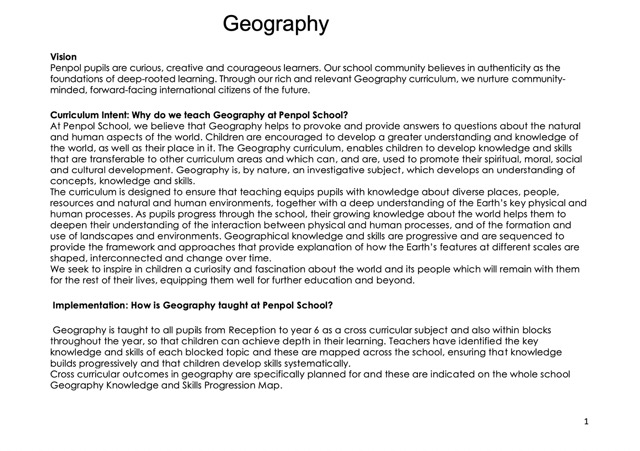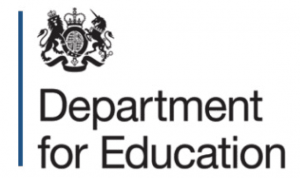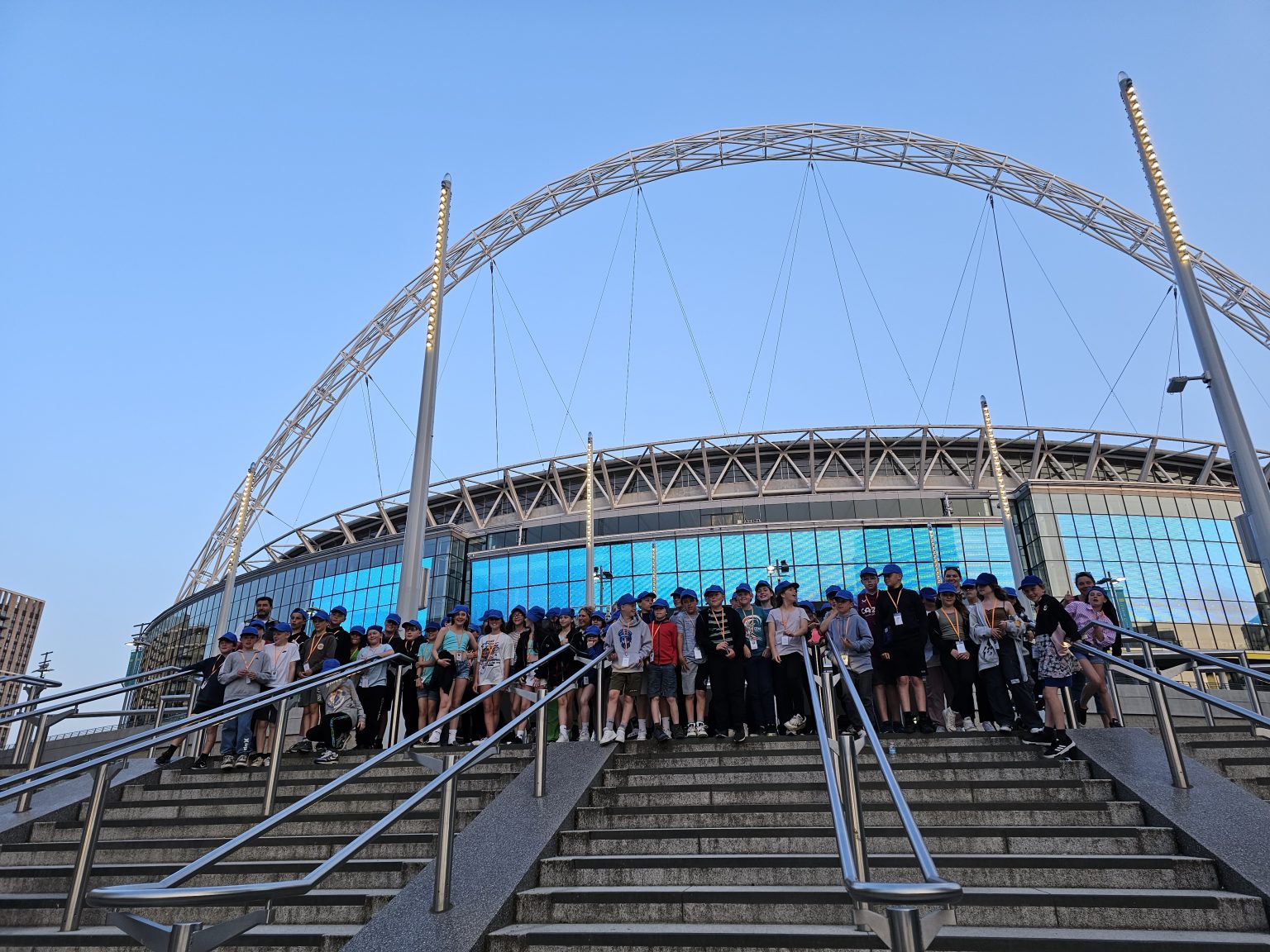
Curriculum Links
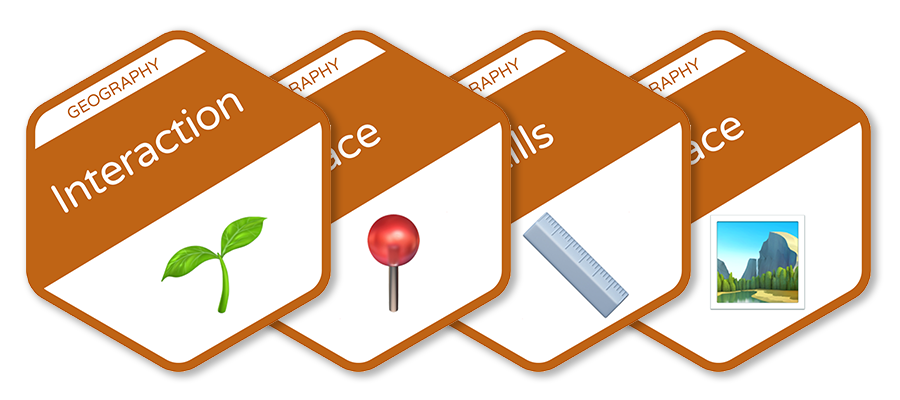
Geography Curriculum
Geography at Penpol School is led by Penny Curnow
Geography at Penpol School
- Intent
- Implementation
- Impact
Why do we teach Geography at Penpol School?
At Penpol School, we believe that Geography helps to provoke and provide answers to questions about the natural and human aspects of the world. Children are encouraged to develop a greater understanding and knowledge of the world, as well as their place in it. The Geography curriculum, at Penpol School, enables children to develop knowledge and skills that are transferable to other curriculum areas and which can and are used to promote their spiritual, moral, social and cultural development. Geography is, by nature, an investigative subject, which develops an understanding of concepts, knowledge and skills.
The curriculum is designed to ensure that teaching equips pupils with knowledge about diverse places, people, resources and natural and human environments, together with a deep understanding of the Earth’s key physical and human processes. As pupils progress through the school, their growing knowledge about the world helps them to deepen their understanding of the interaction between physical and human processes, and of the formation and use of landscapes and environments. Geographical knowledge and skills are progressive and are sequenced to provide the framework and approaches that provide explanation of how the Earth’s features at different scales are shaped, interconnected and change over time.
We seek to inspire in children a curiosity and fascination about the world and its people which will remain with them for the rest of their lives, equipping them well for further education and beyond.
How is Geography taught at Penpol School?
Geography, at Penpol School, is taught to all pupils from Reception to year 6 as a cross curricular subject and also within blocks throughout the year, so that children can achieve depth in their learning. Teachers have identified the key knowledge and skills of each blocked topic and these are mapped across the school, ensuring that knowledge builds progressively and that children develop skills systematically.
Cross curricular outcomes in geography are specifically planned for and these are indicated on the whole school Geography Knowledge and Skills Progression Map.
The local area is fully utilised to achieve the desired outcomes, with extensive opportunities for learning outside the classroom embedded in practice.
What will we see from the teaching of Geography at Penpol?
Outcomes in topic and literacy books, evidence a broad and balanced geography curriculum and demonstrate children’s acquisition of identified key knowledge relating to each of the identified national curriculum strands, as appropriate to key stage; locational knowledge, place knowledge and human and physical geography. This is in addition to the development and application of key skills, supported by fieldwork.
As children progress throughout the school, they develop a deep knowledge, understanding an appreciation of their local area and its place within the wider geographical context. Geographical understanding, as well as children’s spiritual, moral, social and cultural development. Children also learn about careers related to geography from members of the local and wider community, with specialist skills and knowledge (for example during the school’s planned careers event ) and this ensures that they are well prepared for the next steps of their education.
Concepts taught in Geography at Penpol
-
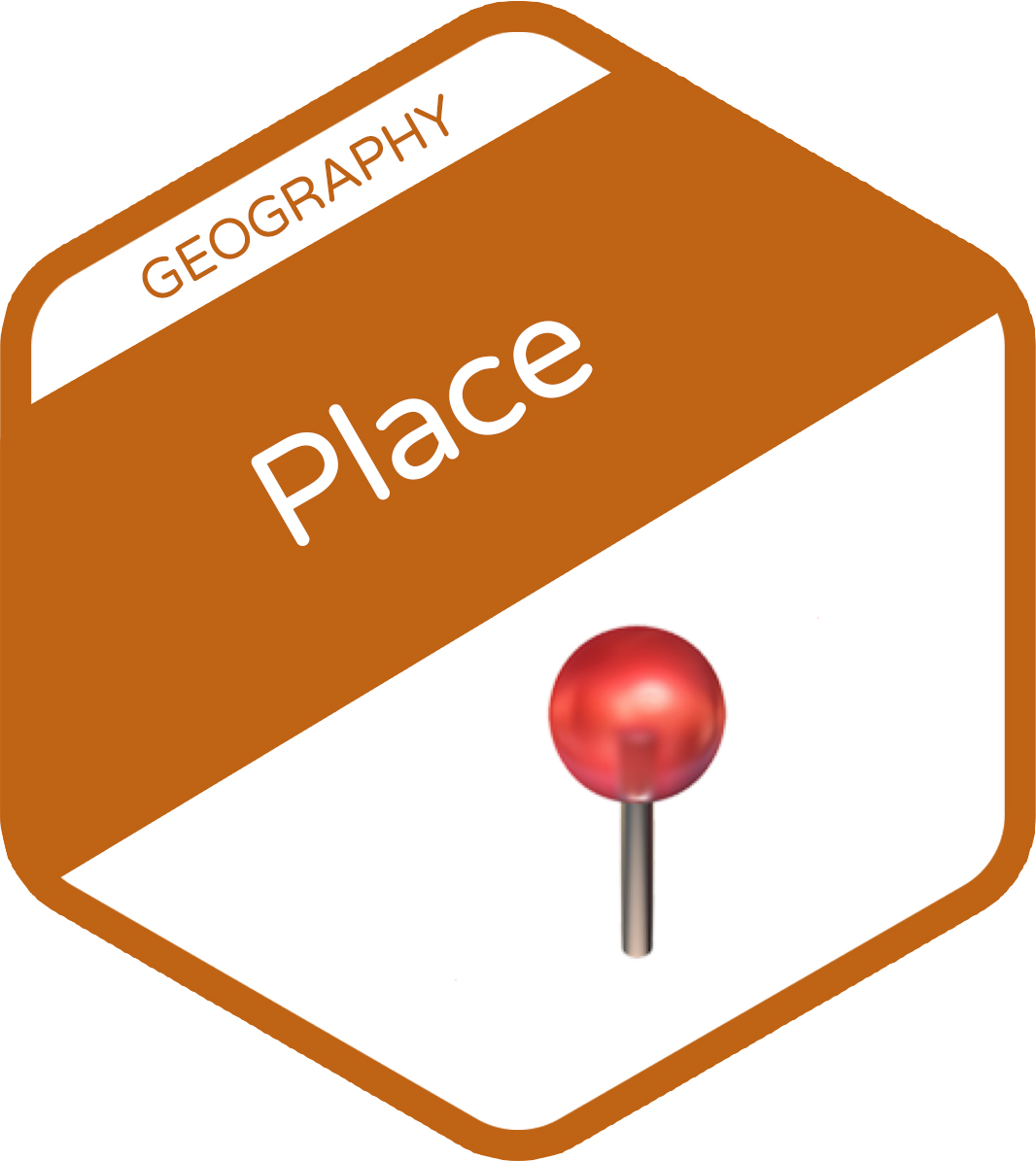
Place
Places are parts of the Earth’s surface that are identified and given meaning by people. They may be perceived, experienced, understood and valued differently. They can be described by this location, shape, boundaries, features and environmental and human characteristics.
-
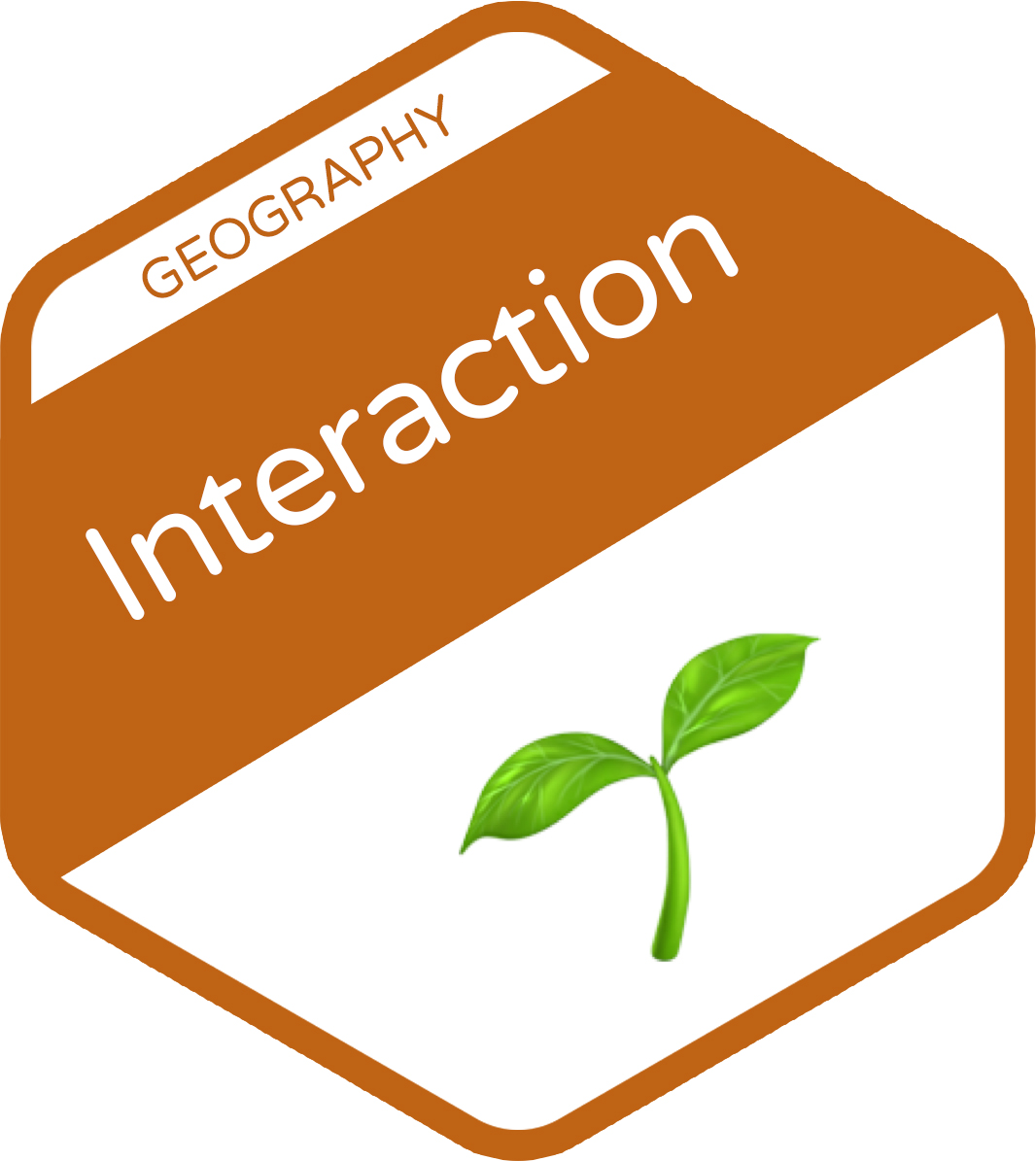
Interaction
The definition of geographical interaction is how humans change the Earth. The way humans can change the Earth is linked to how they interact with the environment around them.
-
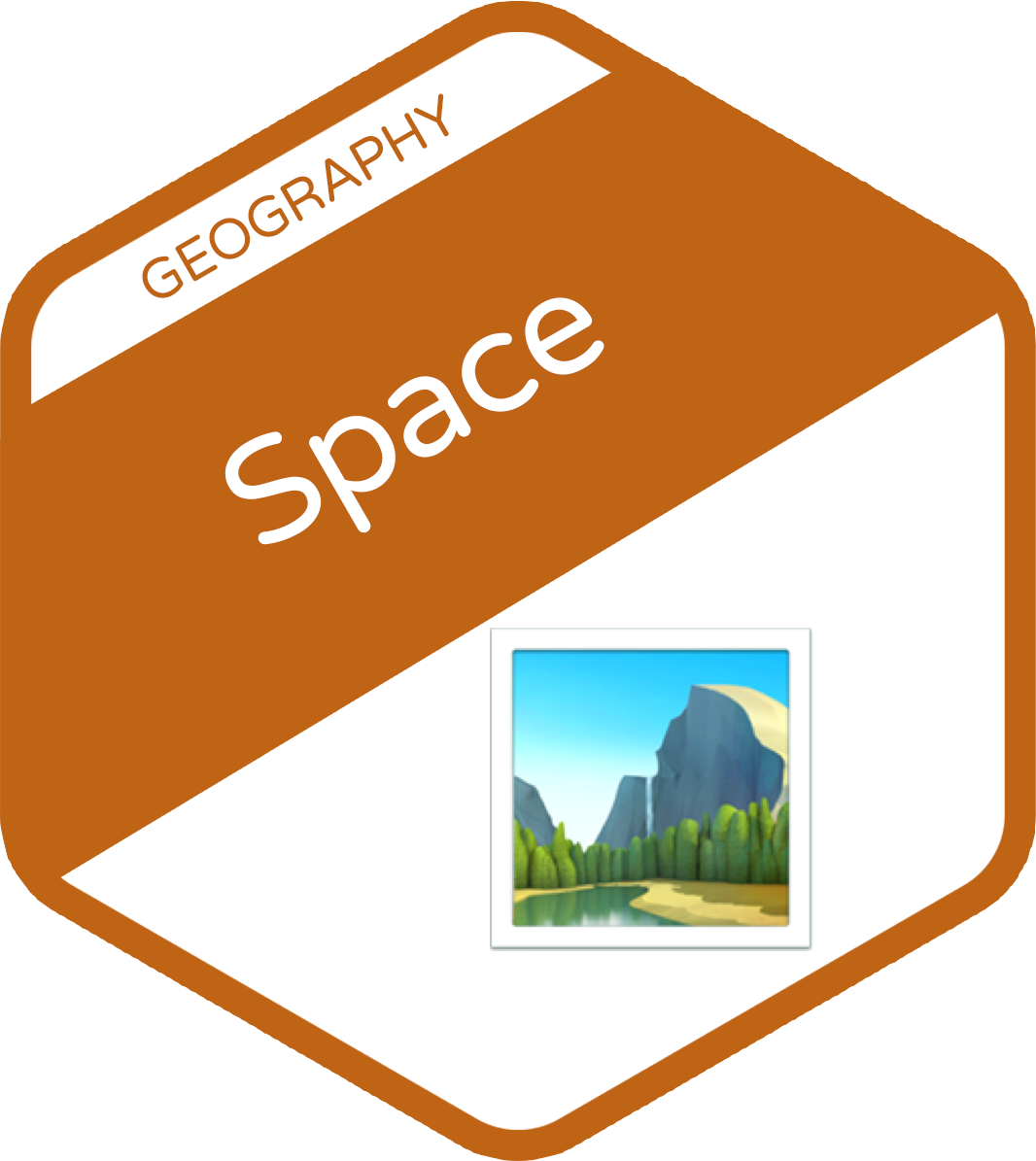
Space
The concept of space is about the significance of location and the ways in which people organise and manage the spaces they live in. This also relates to the effects of movement and use of space in environmental, economic and social terms.
-
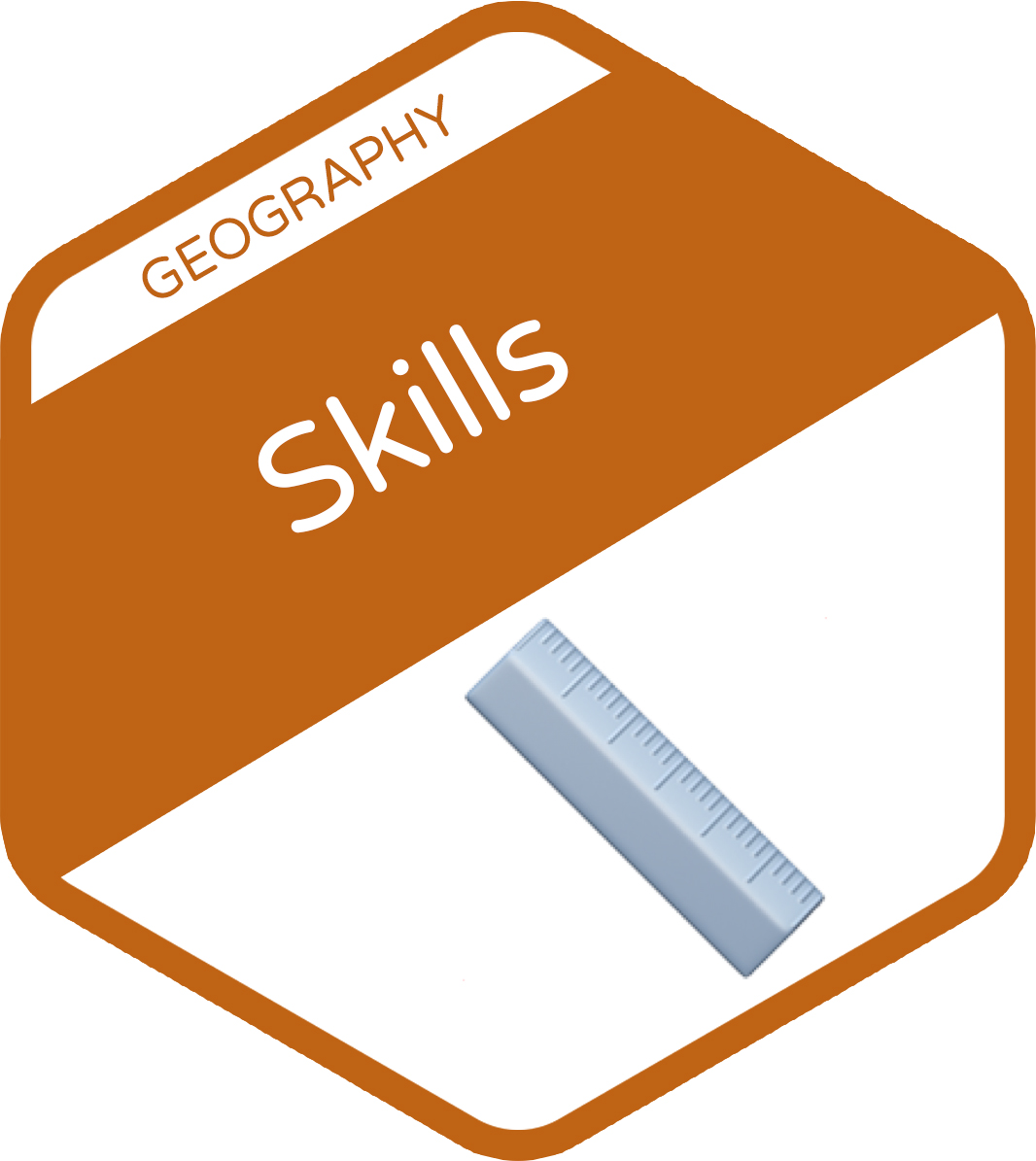
Skills
Geographical skills provide the necessary tools and techniques to enable geographical thinking. These would involve how to ask geographic questions, organise information, analyse and then present and communicate findings to others.
Other Documents
Useful Links
This page was last updated:
5th December 2022


